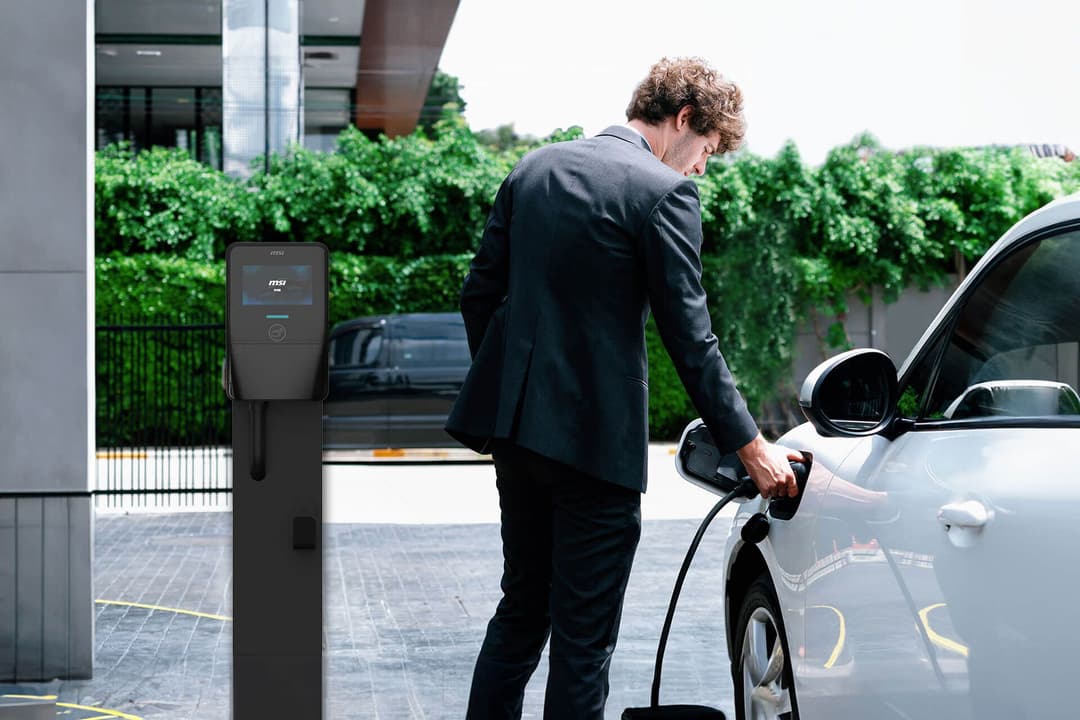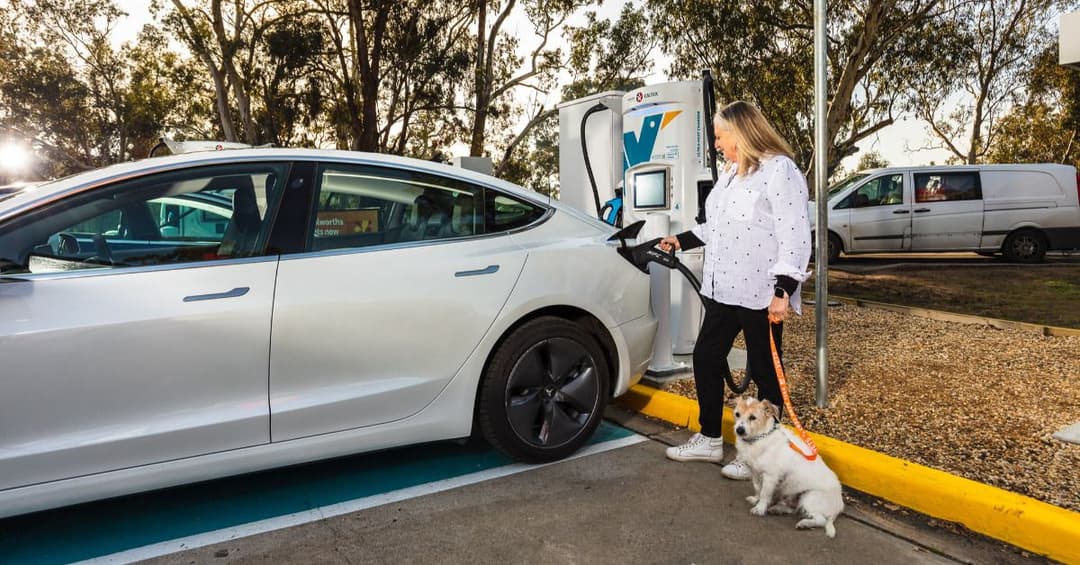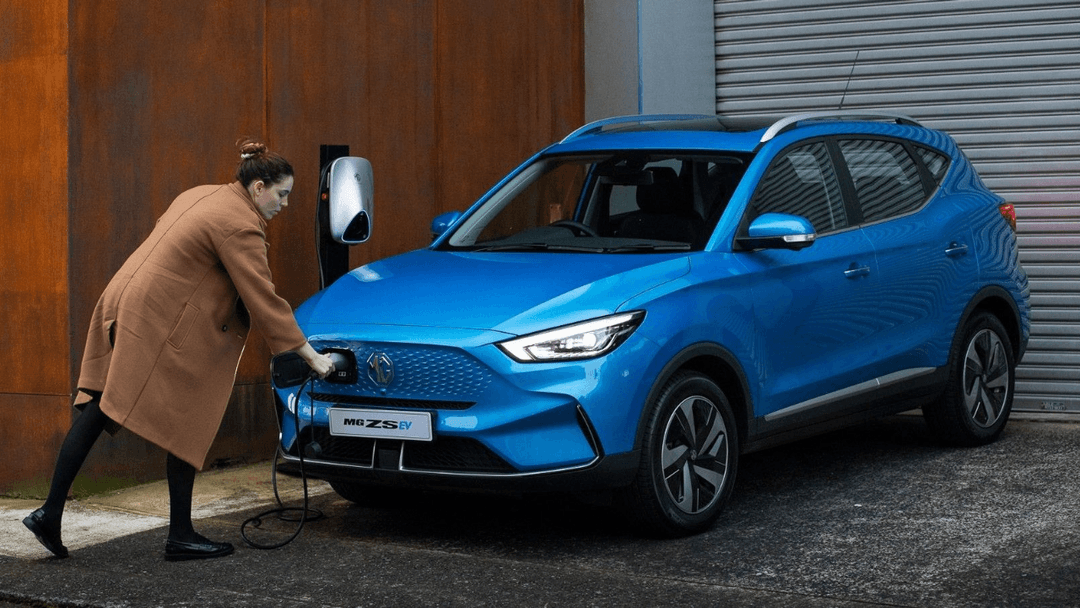As electric vehicle sales grow in Australia, so do the myths surrounding them. A major international study, led by researchers at the University of Queensland, shows that many Australians (including EV owners) are still buying into false claims about battery-powered cars. The findings, published in Nature Energy, highlight how misinformation has seeped into public conversation and is now influencing perceptions across social and political lines.
The study surveyed over 6,300 people across four countries (Australia, the US, Germany, and Austria), found that 35% of Australians believed at least one piece of misinformation about EVs. Concerningly, the most widely accepted myth was that EVs are more likely to catch fire than petrol or diesel vehicles. Nearly half (47%) of Aussie respondents agreed with this claim, despite a lack of supporting data.
▶️MORE: EV Battery Life: New Data Challenges Long-Held Concerns

Common EV Myths Still Believed by Australians
Other common myths included the idea that EV batteries are deliberately made non-upgradeable (44%), that they emit harmful electromagnetic fields, and that they produce more carbon emissions over their lifetime than petrol cars. Some even believed that EV accident reports are intentionally underreported. According to experts, all of these statements are false.
The lead author of the study, Dr Chris Bretter from UQ, said the level of belief in misinformation, even among EV owners, shows how effective these myths have been at spreading. “We know this sort of false information is out there and circulating,” he said. “But the scale of acceptance is concerning and poses a significant challenge to the global transition to sustainable transport.”
▶️MORE: Electric car mythbusters: Buying (Part 1)

Who’s Most Likely to Believe EV Misinformation?
Interestingly, the research found that education levels didn’t have much influence on whether someone believed the myths. Instead, the strongest predictor was what the study called a “conspiracy mentality”, a general tendency to distrust institutions, believe in hidden agendas, and assume corruption behind official claims. People with this mindset were also more likely to doubt technologies like wind energy and vaccines.
Women, older Australians, and people with weaker environmental values were also more likely to believe false claims about EVs, according to the study. Researchers noted that some myths, particularly the fire risk, have been pushed by certain media outlets and online communities, often aligning with broader political or ideological narratives.
▶️MORE: Electric car mythbusters: Range, charging and battery (Part 2)

Top EV Myths Identified in the Study:
1) EVs are more likely to catch fire than petrol cars
2) EV batteries are deliberately made non-upgradeable
3) Electric cars emit electromagnetic fields that harm health
4) EVs produce more carbon emissions across their lifespan than ICE vehicles
5) EV accidents are underreported
▶️MORE: Best EV Charging Networks in Australia
Can AI Help Dispel EV Myths?
To test ways of reducing belief in these false claims, the researchers ran an experiment. Participants were given accurate information from either a government-issued fact sheet or an interactive conversation with a generative AI chatbot (specifically ChatGPT).
Both interventions worked. After reading the fact sheet or chatting with the AI, participants showed a clear drop in their belief in misinformation, even ten days later. Interestingly, people who spoke with ChatGPT also showed a decrease in their tendency to believe in conspiracy theories more broadly.
▶️MORE: How Long Do Electric Car Batteries Last?
According to Dr Bretter, these results suggest AI tools could play a key role in addressing the spread of misinformation. “This is the first evidence that non-curated conversations with generative AI can have positive effects on misinformation,” he said. “It shows real potential for using AI to support public understanding of energy-efficient technologies like EVs.”
As Australia moves closer to a zero-emissions future, tackling misinformation will be just as important as building charging stations or rolling out incentives. This study is a reminder that facts still matter—and the way we share them does too.
Stay up to date with the latest EV news
- Get the latest news and update
- New EV model releases
- Get money savings-deal
